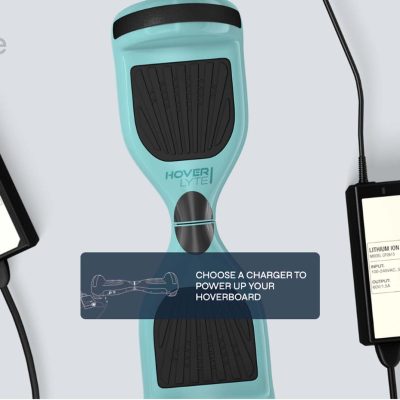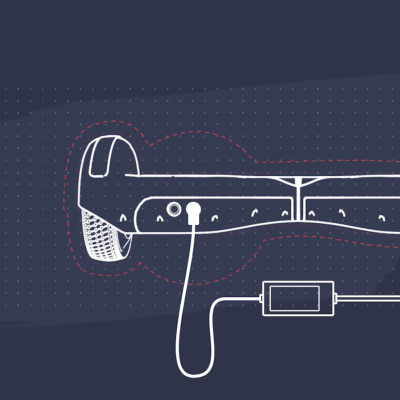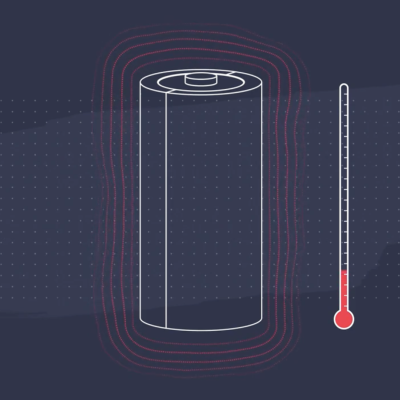The Science of

There’s been a fire. Investigate the burn patterns and figure out where the fire started and how.

The Science of

Fire safety is a complex problem without a single answer. Learn how to engineer and design fire-safe spaces.

The Science of

Safe and sustainable cities will depend on lithium-ion batteries to power our modern lives. But what are the costs?

The Science of

Lithium-ion batteries in your favorite devices make our daily lives possible, but they also come with risks. Join the search for safer solutions.

smart_display Video
The Overcharge Test
Context
Safety scientists use a test known as the abusive overcharge test to determine whether protective components will prevent a battery from overcharging. It also determines whether a charger recognizes a battery’s chemistry so that it can charge the battery correctly.
Overcharge is when a cell or battery continues to receive current even after the cell has been fully charged. Most commonly this is due to a lack of communication between the cell and an incompatible charger.
Related Resources

Overcharge
touch_app Interactive

Thermal Runaway: Student Guide
article student guide

Thermal Runaway: Teacher Guides
article teacher guide
© 2026 Underwriters Laboratories Inc. All rights reserved.
